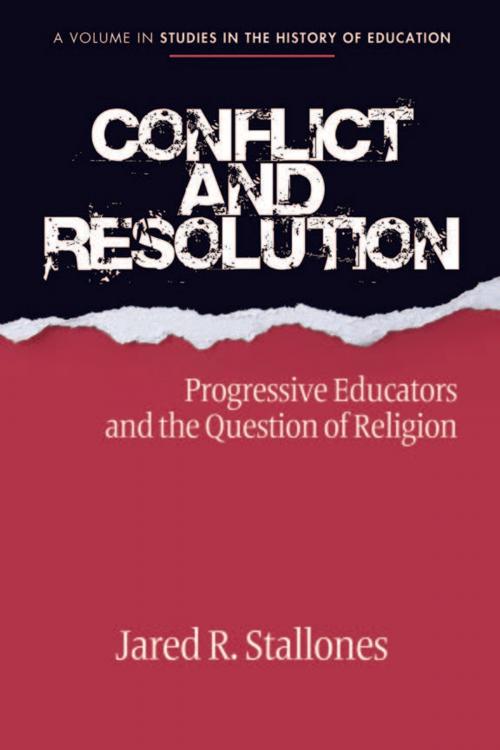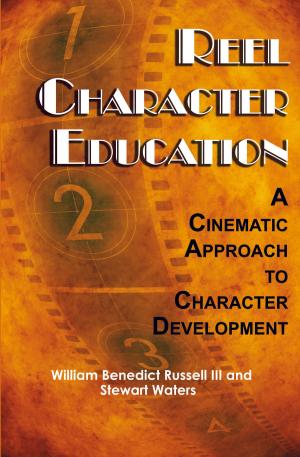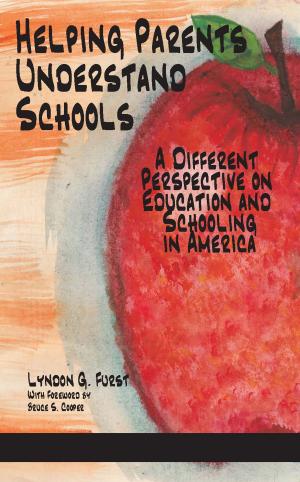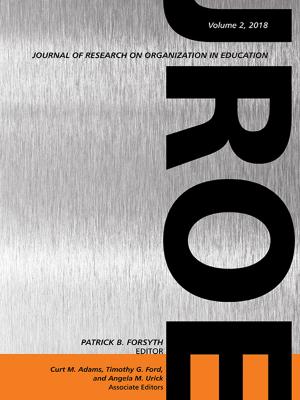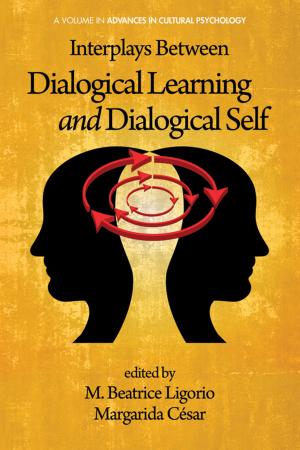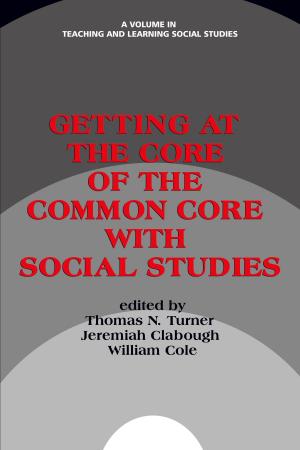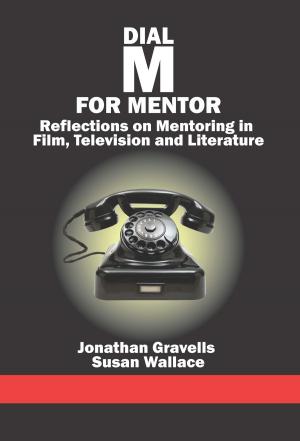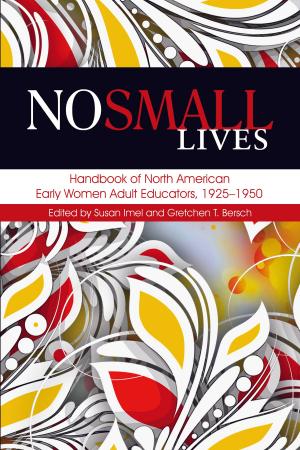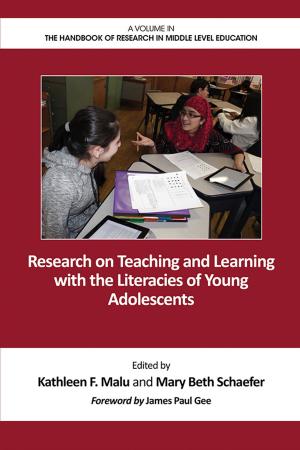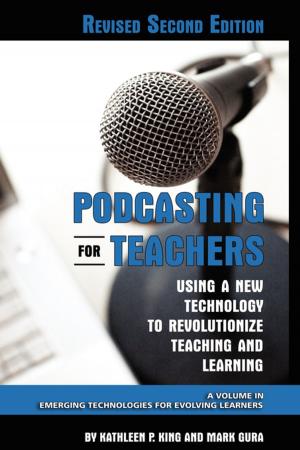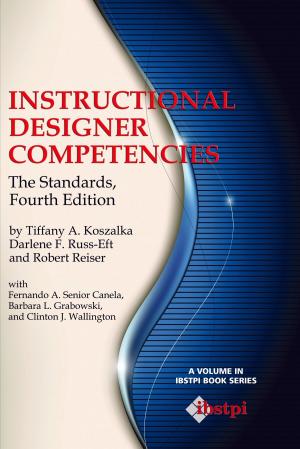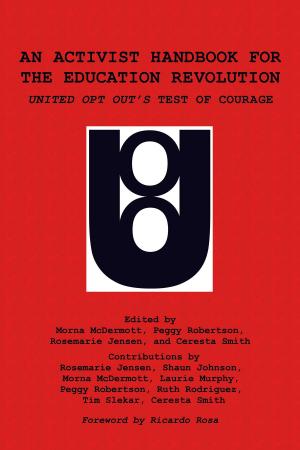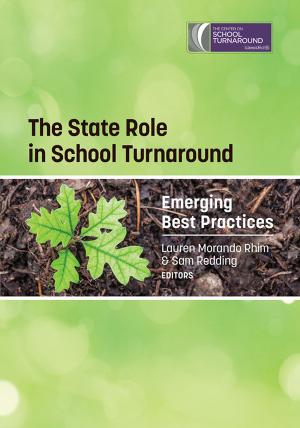Conflict and Resolution
Progressive Educators and the Question of Religion
Nonfiction, Religion & Spirituality, Reference, Education, Reference & Language, Education & Teaching| Author: | Jared R. Stallones | ISBN: | 9781617351525 |
| Publisher: | Information Age Publishing | Publication: | October 1, 2010 |
| Imprint: | Information Age Publishing | Language: | English |
| Author: | Jared R. Stallones |
| ISBN: | 9781617351525 |
| Publisher: | Information Age Publishing |
| Publication: | October 1, 2010 |
| Imprint: | Information Age Publishing |
| Language: | English |
Conflict and Resolution: Progressive Educators and the Question of Religion investigates the impact of religion in shaping the progressive education movement. Historians of progressivism have described the progressive movement as a secularized version of fundamentally religious impulses, a kind of ‘secularized evangelicalism.’ Many progressive political and social reformers were subject to powerful religious influences, but were unable to adhere to the theological tenets held by their parents or grandparents. Instead, they secularized their religious impulses and devoted themselves to social and political reform. Conflict and Resolution extends this analysis to progressive educators through biographical sketches of five leaders in the progressive education movement and an examination of the role of religion in their work. This investigation models three distinct ways in which progressive educators mediated their youthful religious experiences and their adult lives and careers. Schoolmasters Jerry Voorhis of California and Felix Adler of New York City were Integrators, those who actively incorporated firmly held religious beliefs into their educational thought and practice. Educational philosophers William Heard Kilpatrick and John Lawrence Childs were Deniers, those who rejected religious experience in their educational pursuits, but not necessarily in their personal lives. Finally, preeminent progressive educator John Dewey was a Reinterpreter, one who recast religious concepts and terminology to fit his newly emerging educational approaches. The religious experiences of each of these men left their mark on the progressive education movement. The richly textured biographical sketches found in Conflict and Resolution: Progressive Educators and the Question of Religion portray the interior lives of these figures and explain how their religious experiences impacted their work. The book will be of interest to educational historians, biographers, and others interested in the development of American education whether they come from a religious or secular mindset.
Conflict and Resolution: Progressive Educators and the Question of Religion investigates the impact of religion in shaping the progressive education movement. Historians of progressivism have described the progressive movement as a secularized version of fundamentally religious impulses, a kind of ‘secularized evangelicalism.’ Many progressive political and social reformers were subject to powerful religious influences, but were unable to adhere to the theological tenets held by their parents or grandparents. Instead, they secularized their religious impulses and devoted themselves to social and political reform. Conflict and Resolution extends this analysis to progressive educators through biographical sketches of five leaders in the progressive education movement and an examination of the role of religion in their work. This investigation models three distinct ways in which progressive educators mediated their youthful religious experiences and their adult lives and careers. Schoolmasters Jerry Voorhis of California and Felix Adler of New York City were Integrators, those who actively incorporated firmly held religious beliefs into their educational thought and practice. Educational philosophers William Heard Kilpatrick and John Lawrence Childs were Deniers, those who rejected religious experience in their educational pursuits, but not necessarily in their personal lives. Finally, preeminent progressive educator John Dewey was a Reinterpreter, one who recast religious concepts and terminology to fit his newly emerging educational approaches. The religious experiences of each of these men left their mark on the progressive education movement. The richly textured biographical sketches found in Conflict and Resolution: Progressive Educators and the Question of Religion portray the interior lives of these figures and explain how their religious experiences impacted their work. The book will be of interest to educational historians, biographers, and others interested in the development of American education whether they come from a religious or secular mindset.
